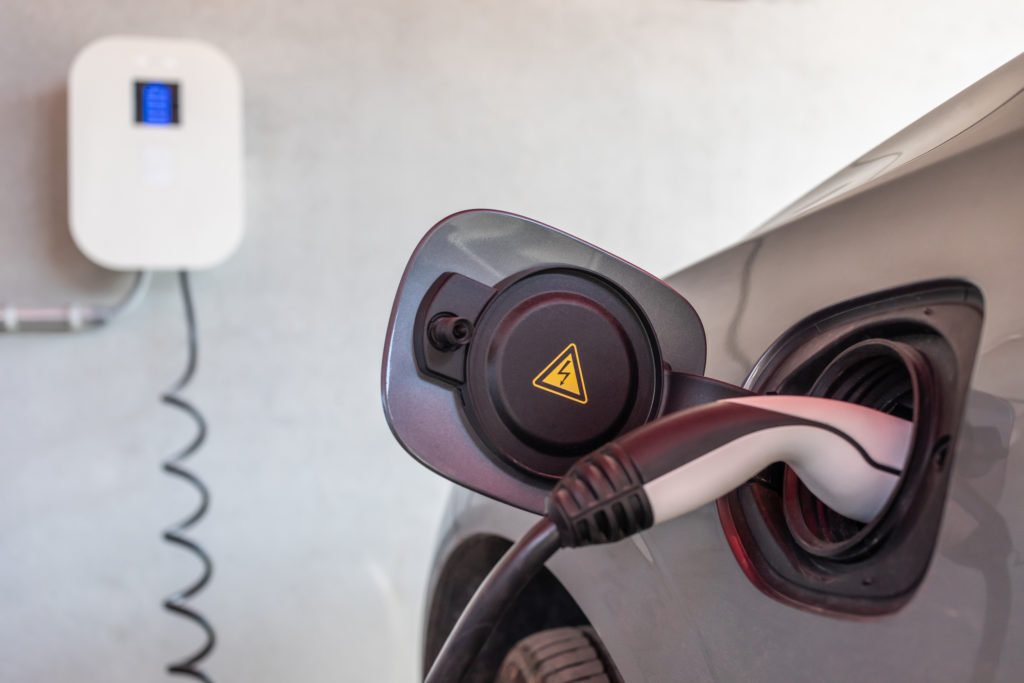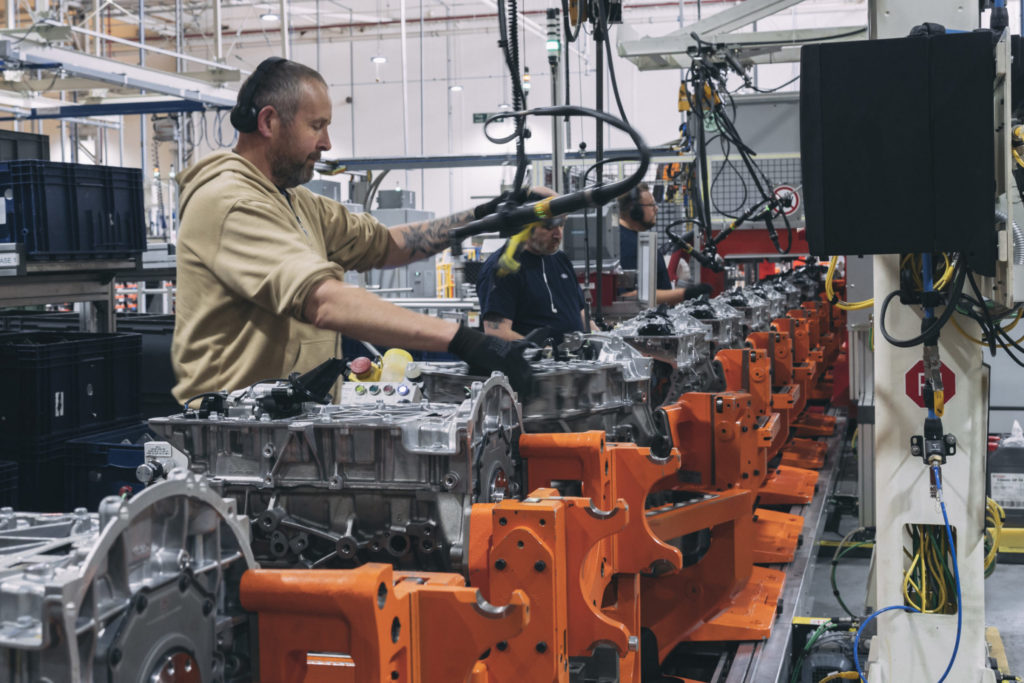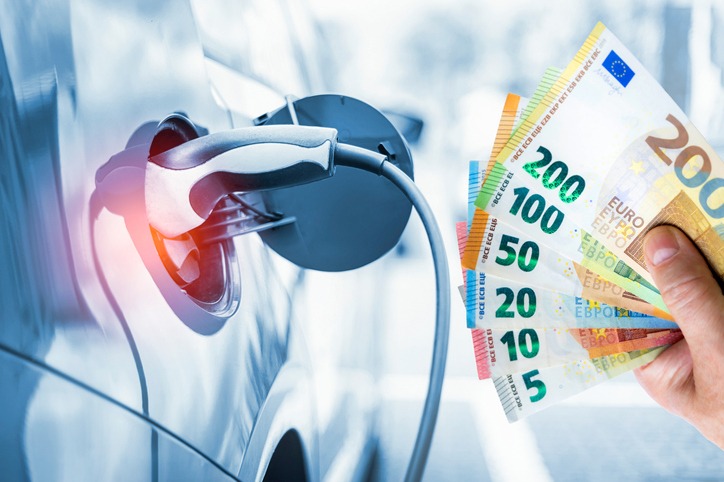Switzerland plans to tax electric vehicles as fossil-fuel revenues fall – when will Europe follow?
14 July 2022

Switzerland’s plans to tax electric vehicles (EVs) to plug the funding gap created by diminishing returns from fossil-fuel cars, are examined by Autovista24 senior data journalist Neil King.
The uptake of electric vehicles is crucial for both governments and carmakers to achieve climate targets. Conversely, the share of new cars powered by internal-combustion engines (ICE) is in sharp decline. Although this benefits the environment, it presents a financial problem as tax breaks for EVs mean revenues generated by the automotive sector are in retreat.
Switzerland is a prime example. Tax revenues from penalties applied to new cars with CO2 emissions over 118g/km plummeted from CHF132.1 million (€134.1 million) in 2020 to only CHF28.1 million (€28.5 million) last year, according to the department of energy (BFE).
Although the Swiss new-car market grew year on year in 2021, albeit by only 0.7%, the share of EVs grew from 14.3% in 2020 to 22.5% in 2021. Meanwhile, the share of petrol and diesel cars fell back to 55.5% from 71.8% a year earlier.
‘In order to achieve the climate target of emitting no more greenhouse gases by 2050, the vehicle fleet will have to consist mainly of electric vehicles in the future. As a result, revenues are increasingly declining and there is a lack of funds for the maintenance and expansion of the infrastructure,’ the Swiss government acknowledged at a meeting of the federal council on 29 June.
Substitute levy planned by 2030
To tackle the growing shortfall, the federal department for the environment, transport, energy, and communications (UVEK), and the federal department of finance (EFD), have been commissioned to ‘enact a package of laws by the end of 2023 for the sustainable financing of transport infrastructure by introducing a substitute levy for vehicles with alternative drives, such as electric vehicles.’
The precise details of how Switzerland will tax EVs are under discussion, but the federal council assumes the tax measure will come into force by 2030.
‘The revenue generated from it will be distributed analogously to the revenue from mineral-oil taxes. The mineral-oil tax and the mineral-oil tax surcharge are used in particular to finance road infrastructure and agglomeration transport projects,’ the government stated.
A fixed charge per kilometre driven is proposed, which would also depend on the vehicle category. This is similar to the existing system for fossil-fuel vehicles, but the government clarified that ‘petrol and diesel vehicles will not be affected by the substitute levy and will not be subject to an additional burden.’
Providing some background information, Hans-Peter Annen, head of valuations and insights, Eurotax Switzerland (part of Autovista Group), explained that there has been ‘a long-discussed unequal treatment of battery-electric vehicles (BEVs) compared to ICE, but because of the limited amount of BEVs [reaching roads] in recent years, the subject somehow submerged. All ICE owners finance the public-road infrastructure, while owners of BEVs do not.’
Annen added that ‘if this new tax system comes in 2030, I do not think it will have much effect on buying a new or used BEV, or on their residual values and total cost of ownership. By then, the share and popularity of BEVs will be significantly higher than now and customers will buy a BEV because they want it, independent of whether they will also have to pay the new tax or not.’
Take note, Europe
The impact of vehicle electrification on tax revenues may be starker in Switzerland than in most European markets as EVs only command a double-digit share in a handful of countries.
Nevertheless, in 2020, three out of four new cars registered in Europe were petrol or diesel. Fast forward to the first quarter of 2022 and only one in two cars housed an ICE. As carmakers increase the mix of electric options to meet strict European emissions standards and prepare for bans on fossil-fuel vehicles, the end of the ICE age is inevitable.
There is a trend emerging for European governments to either look to reduce EV incentives, or funding being quickly exhausted, such as in the Netherlands.
The UK has gone one step further and pulled the plug entirely, and this is also a hot topic of debate in Germany. This reduces outgoings, especially as electric-vehicle uptake increases, but does not address the diminishing returns from tax systems that typically penalise ICE vehicles and exempt EVs.
Governments are rightly investing in charging infrastructure to support EV uptake. The irony is that the lion’s share of funds is generated by ICE cars that do not need to plug into the electricity grid. Europe should, therefore, take note of developments in Switzerland and changes to vehicle-tax regimes will inevitably follow. It is just a question of when, not if.



